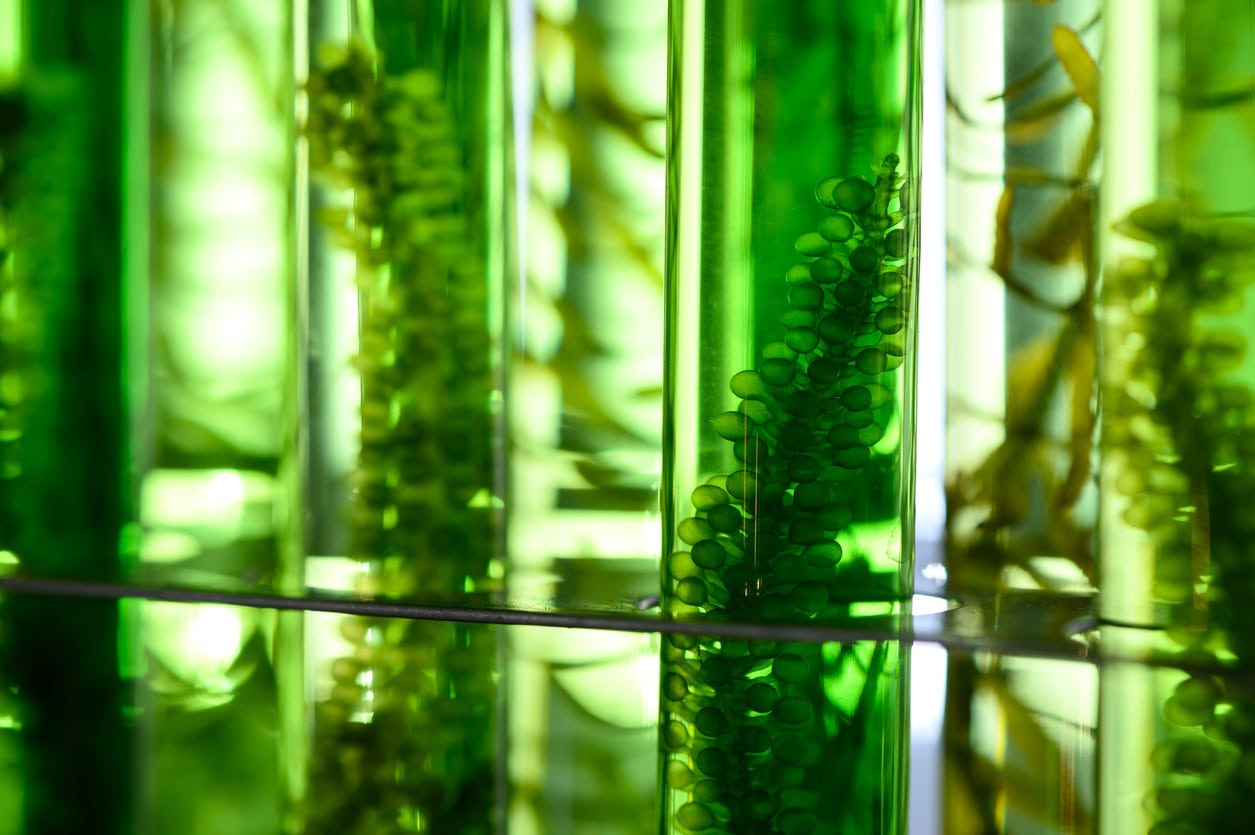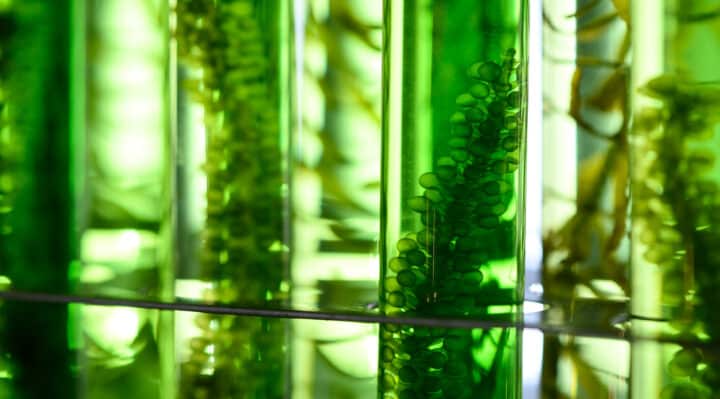
Why Algae Doesn’t Work As a Biofuel

Gas giants, previously harmed by negative press, are looking to alternative fuel sources to save reputations and, subsequently, the planet. Algae is one of the most popular biofuel sources, as it is renewable and easy to produce. Oil companies need supplements, especially as supply chains and international discord cause distress in availability. Despite algae’s positive reputation, why isn’t it the best solution for biofuel?
How Algae Works as a Fuel Source
Biofuel makers ferment algae oils to create biofuels. They release ethanol and butanol fuel makers can repurpose. These natural byproducts can reduce companies’ reliance on fossil fuels, like gasoline and diesel. Algae reproduces quickly in water, has a production density outpacing oil and requires carbon dioxide to flourish. It demonstrates a massive boon behind algae as a biofuel — carbon neutrality.
However, using it as a fuel still requires intensely large quantities. Algae farms for the explicit purpose of using it as biofuel could pose land disputes. Though they’re productive, agricultural property is in short supply already and competition is steep. Algae needs a lot of support and nutrients to grow optimally. They can create fertilizer, but algae also require a lot to produce biofuels, resulting in a net loss from an environmental and financial perspective.
How Biofuel Funding Shifted Gears
Concerns about overconsuming oil catalyzed increased interest in algae-based biofuels. However, investors quickly regretted this because they didn’t realize the number of resources biofuels required to be sustainable. Algae was more profitable as an animal food source or health supplement than fuel — the industry is worth over $1 billion because customers want ethically made products. It made fuel investors back out from hefty promises.
The hype got ahead of itself because there is still a gap in research. Investors underestimated the water levels needed to support algae and how necessary temperatures cause water loss. There is too much going into the process and insufficient coming out to make it viable — sustainably and financially — despite ExxonMobil’s efforts to invent new strains of hyperproductive algae. The spontaneous disenchantment of algae as a biofuel caused a halt in development, making it even more of an empty investment.
The environments necessary to grow algae could require new infrastructure, meaning more funding is essential. Though water treatment plants can foster algae biofuel naturally, operations specifically meant to produce biofuel need large enclosures to support mass production. Builders must construct ventilation systems specifically for their biology because biomass loss is inevitable without open-air systems.
How Algae Biofuel Impacts the Environment
Because biofuel isn’t a complete solution for petroleum and other fossil fuels, many companies are incorporating algae-made biofuels into their gas to reduce fossil fuel dependency. Businesses must find creative ways to incorporate it or the hype will fall out of fashion into obsoletion. One of the most significant ways algae impacts the environment now is by making companies address greenwashing.
Fuel giants relying on biofuel for a sustainability solution quickly discovered its ineffectiveness, yet depended on them for customer and stakeholder support. When algae campaigns ran their course, businesses had to commit to their value or find alternatives to remain competitors.
Additionally, it also addresses renewable energy transition concerns. Despite global pressures to implement sustainable fuel solutions, the shifts won’t happen as immediately as global goals desire. Market failures like algae as biofuel remind scientists and consumers how much environmentalism relies on various solutions rather than a single panacea.
Moving Past Idealizing Algae Biofuel
Algae could move past its unsuccessful and unproductive phase in development. However, its present condition proves unsustainable for renewable fuel progress. The amount of energy and resources invested in algae for what comes out won’t match other technologies arising in the environmentalist conversation, like hydrogen fuel cells and solar microgrids. Dispelling the potential of modern algae will be quintessential for productive development, so hopefully, it will rise to the challenge of eco-friendly growth.



Post a comment